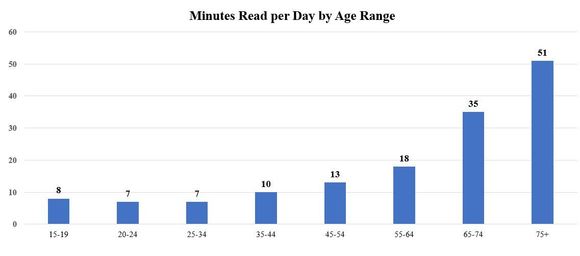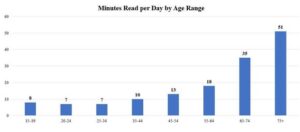Oregon State Legislature sent this bulletin Tuesday, July 4, 2017 by devadmin
Independence Day Guest Commentary
Colonel David Crockett
Crockett was first elected to the US House of Representatives in 1825.
One day in the House of Representatives a bill was taken up appropriating money for the benefit of a widow of a distinguished naval officer. Several beautiful speeches had been made in its support.
The speaker was just about to put the question when Crockett arose:
“Mr. Speaker — I have as much respect for the memory of the deceased, and as much sympathy for the suffering of the living, if there be, as any man in this House, but we must not permit our respect for the dead or our sympathy for part of the living to lead us into an act of injustice to the balance of the living. I will not go into an argument to prove that Congress has not the power to appropriate this money as an act of charity. Every member on this floor knows it.
“We have the right as individuals, to give away as much of our own money as we please in charity; but as members of Congress we have no right to appropriate a dollar of the public money. Some eloquent appeals have been made to us upon the ground that it is a debt due the deceased. Mr. Speaker, the deceased lived long after the close of the war; he was in office to the day of his death, and I ever heard that the government was in arrears to him.
“Every man in this House knows it is not a debt. We cannot without the grossest corruption, appropriate this money as the payment of a debt. We have not the semblance of authority to appropriate it as charity. Mr. Speaker, I have said we have the right to give as much money of our own as we please. I am the poorest man on this floor. I cannot vote for this bill, but I will give one week’s pay to the object, and if every member of Congress will do the same, it will amount to more than the bill asks.
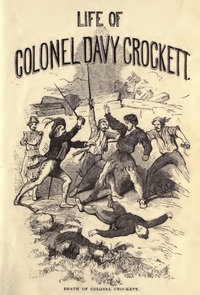 He took his seat. Nobody replied. The bill was put upon its passage, and, instead of passing unanimously, as was generally supposed, and as, no doubt, it would, but for that speech, it received but few votes, and, of course, was lost. Later, when asked by a friend why he had opposed the appropriation, Crockett gave this explanation: “Several years ago I was one evening standing on the steps of the Capitol with some members of Congress, when our attention was attracted by a great light over in Georgetown. It was evidently a large fire.
He took his seat. Nobody replied. The bill was put upon its passage, and, instead of passing unanimously, as was generally supposed, and as, no doubt, it would, but for that speech, it received but few votes, and, of course, was lost. Later, when asked by a friend why he had opposed the appropriation, Crockett gave this explanation: “Several years ago I was one evening standing on the steps of the Capitol with some members of Congress, when our attention was attracted by a great light over in Georgetown. It was evidently a large fire.
We jumped into a hack and drove over as fast as we could. In spite of all that could be done, many houses were burned and many families made houseless, and besides, some of them had lost all but the clothes they had on.
“The weather was very cold, and when I saw so many children suffering, I felt that something ought to be done for them. The next morning a bill was introduced appropriating $20,000 for their relief. We put aside all other business and rushed it through as soon as it could be done.
“The next summer, when it began to be time to think about election, I concluded I would take a scout around among the boys of my district. I had no opposition there but, as the election was some time off, I did not know what might turn up. When riding one day in a part of my district in which I was more of a stranger than any other, I saw a man in a field plowing and coming toward the road. I gauged my gait so that we should meet as he came up, I spoke to the man. He replied politely, but as I thought, rather coldly.
“I began: ‘Well friend, I am one of those unfortunate beings called candidates and –’
“‘Yes I know you; you are Colonel Crockett. I have seen you once before, and voted for you the last time you were elected. I suppose you are out electioneering now, but you had better not waste your time or mine, I shall not vote for you again.’
“This was a sockdologer… I begged him tell me what was the matter.
“‘Well Colonel, it is hardly worthwhile to waste time or words upon it. I do not see how it can be mended, but you gave a vote last winter which shows that either you have not capacity to understand the Constitution, or that you are wanting in the honesty and firmness to be guided by it. In either case you are not the man to represent me. But I beg your pardon for expressing it that way. I did not intend to avail myself of the privilege of the constituent to speak plainly to a candidate for the purpose of insulting you or wounding you.
“‘I intend by it only to say that your understanding of the constitution is very different from mine; and I will say to you what but for my rudeness, I should not have said, that I believe you to be honest.’
“‘But an understanding of the Constitution different from mine I cannot overlook, because the Constitution, to be worth anything, must be held sacred, and rigidly observed in all its provisions. The man who wields power and misinterprets it is dangerous.’
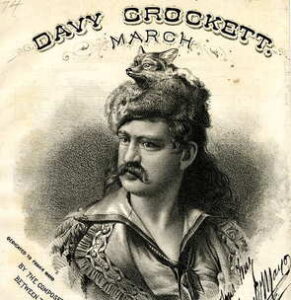 The Constitution, to be worth anything, must be held sacred, and rigidly observed in all its provisions. The man who wields power and misinterprets it is dangerous. “‘I admit the truth of all you say, but there must be some mistake. Though I live in the backwoods and seldom go from home, I take the papers from Washington and read very carefully all the proceedings of Congress. My papers say you voted for a bill to appropriate $20,000 to some sufferers by fire in Georgetown. Is that true?’
The Constitution, to be worth anything, must be held sacred, and rigidly observed in all its provisions. The man who wields power and misinterprets it is dangerous. “‘I admit the truth of all you say, but there must be some mistake. Though I live in the backwoods and seldom go from home, I take the papers from Washington and read very carefully all the proceedings of Congress. My papers say you voted for a bill to appropriate $20,000 to some sufferers by fire in Georgetown. Is that true?’
“‘Well my friend; I may as well own up. You have got me there. But certainly nobody will complain that a great and rich country like ours should give the insignificant sum of $20,000 to relieve its suffering women and children, particularly with a full and overflowing treasury, and I am sure, if you had been there, you would have done just the same as I did.’
“‘It is not the amount, Colonel, that I complain of; it is the principle. In the first place, the government ought to have in the Treasury no more than enough for its legitimate purposes. But that has nothing with the question. The power of collecting and disbursing money at pleasure is the most dangerous power that can be entrusted to man, particularly under our system of collecting revenue by a tariff, which reaches every man in the country, no matter how poor he may be, and the poorer he is the more he pays in proportion to his means.
“‘What is worse, it presses upon him without his knowledge where the weight centers, for there is not a man in the United States who can ever guess how much he pays to the government. So you see, that while you are contributing to relieve one, you are drawing it from thousands who are even worse off than he.
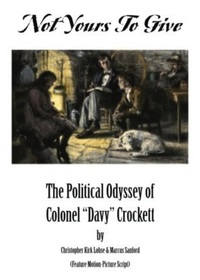 “‘If you had the right to give anything, the amount was simply a matter of discretion with you, and you had as much right to give $20,000,000 as $20,000. If you have the right to give at all; and as the Constitution neither defines charity nor stipulates the amount, you are at liberty to give to any and everything which you may believe, or profess to believe, is a charity and to any amount you may think proper. You will very easily perceive what a wide door this would open for fraud and corruption and favoritism, on the one hand, and for robbing the people on the other. No, Colonel, Congress has no right to give charity.
“‘If you had the right to give anything, the amount was simply a matter of discretion with you, and you had as much right to give $20,000,000 as $20,000. If you have the right to give at all; and as the Constitution neither defines charity nor stipulates the amount, you are at liberty to give to any and everything which you may believe, or profess to believe, is a charity and to any amount you may think proper. You will very easily perceive what a wide door this would open for fraud and corruption and favoritism, on the one hand, and for robbing the people on the other. No, Colonel, Congress has no right to give charity.
“‘Individual members may give as much of their own money as they please, but they have no right to touch a dollar of the public money for that purpose. If twice as many houses had been burned in this country as in Georgetown, neither you nor any other member of Congress would have thought of appropriating a dollar for our relief. There are about two hundred and forty members of Congress. If they had shown their sympathy for the sufferers by contributing each one week’s pay, it would have made over $13,000. There are plenty of wealthy men around Washington who could have given $20,000 without depriving themselves of even a luxury of life.
“‘The congressmen chose to keep their own money, which, if reports be true, some of them spend not very creditably; and the people about Washington, no doubt, applauded you for relieving them from necessity of giving what was not yours to give. The people have delegated to Congress, by the Constitution, the power to do certain things. To do these, it is authorized to collect and pay moneys, and for nothing else. Everything beyond this is usurpation, and a violation of the Constitution.
“‘So you see, Colonel, you have violated the Constitution in what I consider a vital point. It is a precedent fraught with danger to the country, for when Congress once begins to stretch its power beyond the limits of the Constitution, there is no limit to it, and no security for the people. I have no doubt you acted honestly, but that does not make it any better, except as far as you are personally concerned, and you see that I cannot vote for you.’
“I tell you I felt streaked. I saw if I should have opposition, and this man should go to talking and in that district I was a gone fawn-skin. I could not answer him, and the fact is, I was so fully convinced that he was right, I did not want to. But I must satisfy him, and I said to him:
 “‘Well, my friend, you hit the nail upon the head when you said I had not sense enough to understand the Constitution. I intended to be guided by it, and thought I had studied it fully. I have heard many speeches in Congress about the powers of Congress, but what you have said here at your plow has got more hard, sound sense in it than all the fine speeches I ever heard. If I had ever taken the view of it that you have, I would have put my head into the fire before I would have given that vote; and if you will forgive me and vote for me again, if I ever vote for another unconstitutional law I wish I may be shot.’ “He laughingly replied; ‘Yes, Colonel, you have sworn to that once before, but I will trust you again upon one condition.
“‘Well, my friend, you hit the nail upon the head when you said I had not sense enough to understand the Constitution. I intended to be guided by it, and thought I had studied it fully. I have heard many speeches in Congress about the powers of Congress, but what you have said here at your plow has got more hard, sound sense in it than all the fine speeches I ever heard. If I had ever taken the view of it that you have, I would have put my head into the fire before I would have given that vote; and if you will forgive me and vote for me again, if I ever vote for another unconstitutional law I wish I may be shot.’ “He laughingly replied; ‘Yes, Colonel, you have sworn to that once before, but I will trust you again upon one condition.
‘You are convinced that your vote was wrong. Your acknowledgment of it will do more good than beating you for it. If, as you go around the district, you will tell people about this vote, and that you are satisfied it was wrong, I will not only vote for you, but will do what I can to keep down opposition, and perhaps, I may exert some little influence in that way.’
“If I don’t, said I, ‘I wish I may be shot; and to convince you that I am in earnest in what I say I will come back this way in a week or ten days, and if you will get up a gathering of people, I will make a speech to them. Get up a barbecue, and I will pay for it.’
“‘No, Colonel, we are not rich people in this section but we have plenty of provisions to contribute for a barbecue, and some to spare for those who have none. The push of crops will be over in a few days, and we can then afford a day for a barbecue. This Thursday; I will see to getting it up on Saturday week. Come to my house on Friday, and we will go together, and I promise you a very respectable crowd to see and hear you.’
“‘Well I will be here. But one thing more before I say good-bye. I must know your name.’
“‘My name is Bunce.’
“‘Not Horatio Bunce?’
“‘Yes.’
“‘Well, Mr. Bunce, I never saw you before, though you say you have seen me, but I know you very well. I am glad I have met you, and very proud that I may hope to have you for my friend.’
“It was one of the luckiest hits of my life that I met him. He mingled but little with the public, but was widely known for his remarkable intelligence, and for a heart brim-full and running over with kindness and benevolence, which showed themselves not only in words but in acts.
He was the oracle of the whole country around him, and his fame had extended far beyond the circle of his immediate acquaintance. Though I had never met him, before, I had heard much of him, and but for this meeting it is very likely I should have had opposition, and had been beaten. One thing is very certain, no man could now stand up in that district under such a vote.
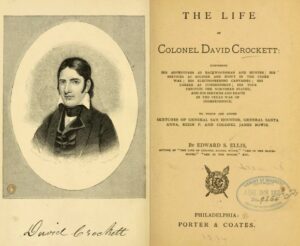
“At the appointed time I was at his house, having told our conversation to every crowd I had met, and to every man I stayed all night with, and I found that it gave the people an interest and confidence in me stronger than I had ever seen manifested before.
“Though I was considerably fatigued when I reached his house, and, under ordinary circumstances, should have gone early to bed, I kept him up until midnight talking about the principles and affairs of government, and got more real, true knowledge of them than I had got all my life before.
“I have known and seen much of him since, for I respect him — no, that is not the word — I reverence and love him more than any living man, and I go to see him two or three times every year; and I will tell you, sir, if every one who professes to be a Christian lived and acted and enjoyed it as he does, the religion of Christ would take the world by storm
If every one who professes to be a Christian lived and acted and enjoyed it as he does, the religion of Christ would take the world by storm.
“But to return to my story. The next morning we went to the barbecue and, to my surprise, found about a thousand men there. I met a good many whom I had not known before, and they and my friend introduced me around until I had got pretty well acquainted — at least, they all knew me.
“In due time notice was given that I would speak to them. They gathered up around a stand that had been erected. I opened my speech by saying:
“‘Fellow-citizens — I present myself before you today feeling like a new man. My eyes have lately been opened to truths which ignorance or prejudice or both, had heretofore hidden from my view. I feel that I can today offer you the ability to render you more valuable service than I have ever been able to render before. I am here today more for the purpose of acknowledging my error than to seek your votes. That I should make this acknowledgment is due to myself as well as to you. Whether you will vote for me is a matter for your consideration only.’
“I went on to tell them about the fire and my vote for the appropriation and then told them why I was satisfied it was wrong. I closed by saying:
“‘And now, fellow-citizens, it remains only for me to tell you that the most of the speech you have listened to with so much interest was simply a repetition of the arguments by which your neighbor, Mr. Bunce, convinced me of my error.
“‘It is the best speech I ever made in my life, but he is entitled to the credit for it. And now I hope he is satisfied with his convert and that he will get up here and tell you so.’
“He came up to the stand and said:
“‘Fellow-citizens — it affords me great pleasure to comply with the request of Colonel Crockett. I have always considered him a thoroughly honest man, and I am satisfied that he will faithfully perform all that he has promised you today.’
“He went down, and there went up from that crowd such a shout for Davy Crockett as his name never called forth before.
“I am not much given to tears, but I was taken with a choking then and felt some big drops rolling down my cheeks. And I tell you now that the remembrance of those few words spoken by such a man, and the honest, hearty shout they produced, is worth more to me than all the honors I have received and all the reputation I have ever made, or ever shall make, as a member of Congress.
“Now, sir,” concluded Crockett, “you know why I made that speech yesterday. There is one thing which I will call your attention, you remember that I proposed to give a week’s pay. There are in that House many very wealthy men — men who think nothing of spending a week’s pay, or a dozen of them, for a dinner or a wine party when they have something to accomplish by it. Some of those same men made beautiful speeches upon the great debt of gratitude which the country owed the deceased — a debt which could not be paid by money — and the insignificance and worthlessness of money, particularly so insignificant a sum as $20,000 when weighed against the honor of the nation. Yet not one of them responded to my proposition. Money with them is nothing but trash when it is to come out of the people. But it is the one great thing for which most of them are striving, and many of them sacrifice honor, integrity, and justice to obtain it.”
Regards,
Col. David Crockett
U.S. Representative from Tennessee
* Originally published in The Life of Colonel David Crockett by Edward Sylvester Ellis
As you’ve heard before… “there is nothing new under the sun…”
Celebrate the Liberty of our Independence with courage, wisdom and strength,
because if we don’t stand for rural Oregon values and common-sense –
No One Will
My Best,

Dennis Linthicum
Oregon State Senate 28
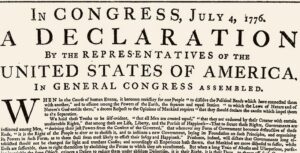


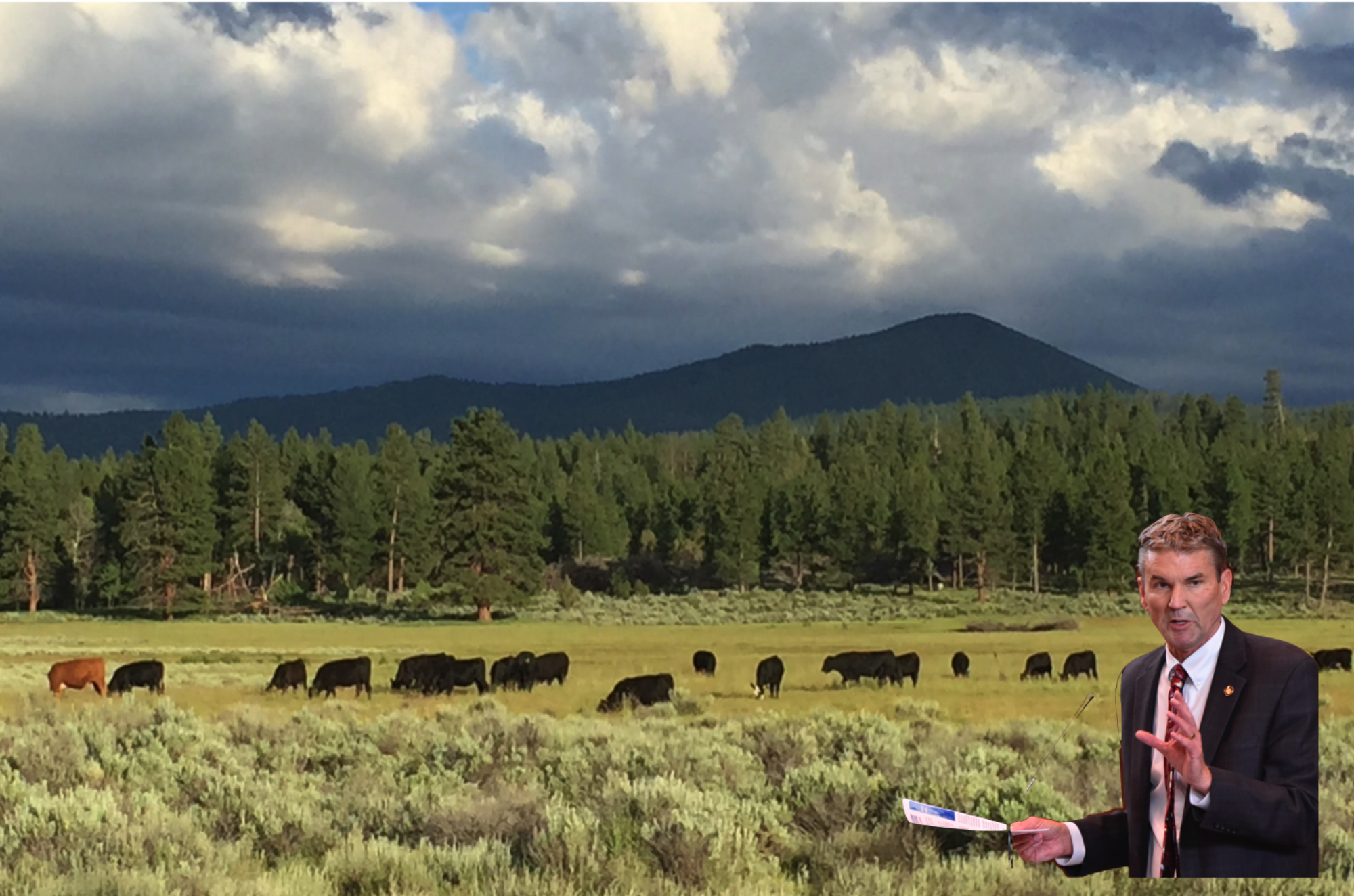
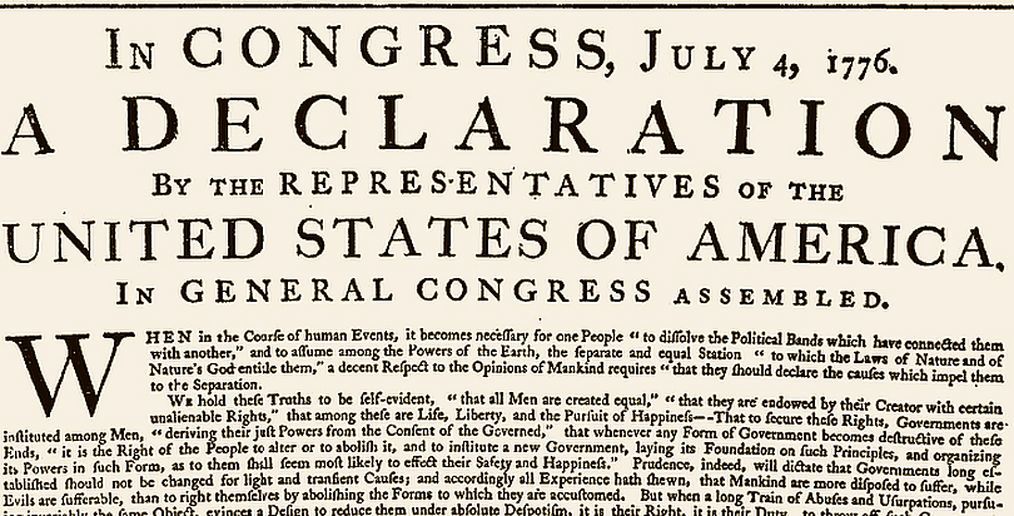
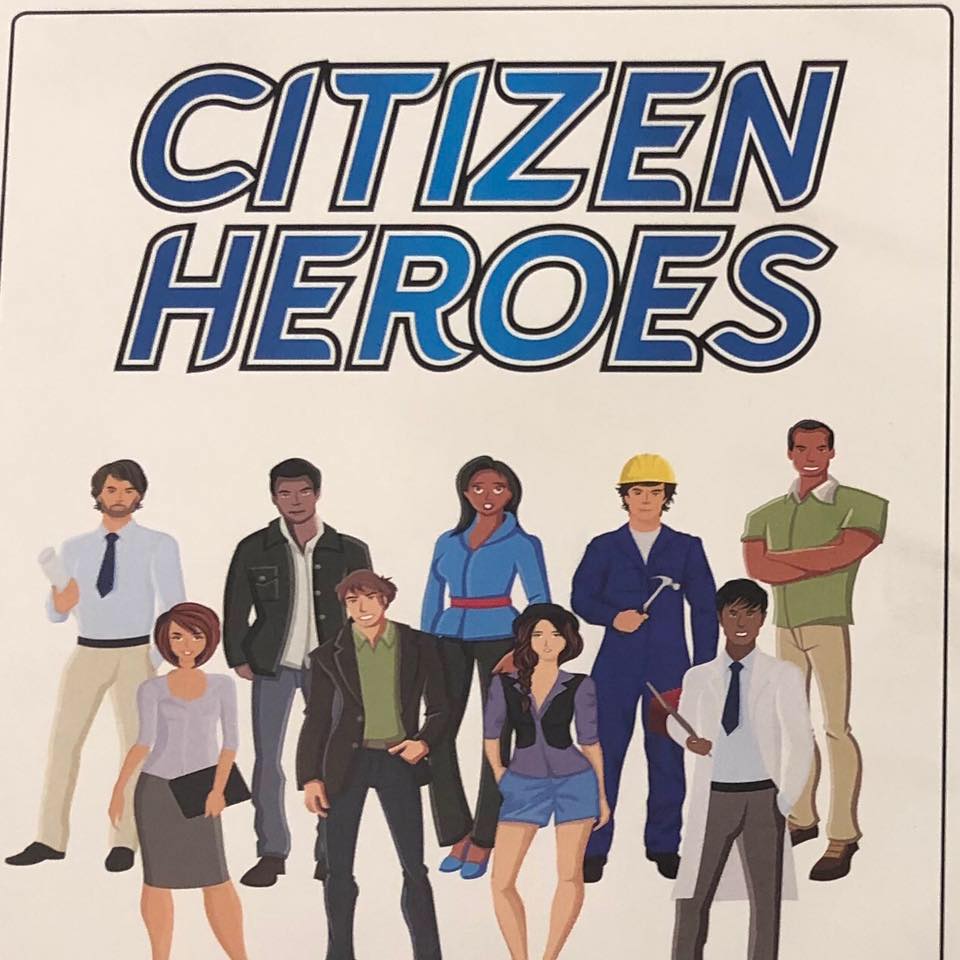


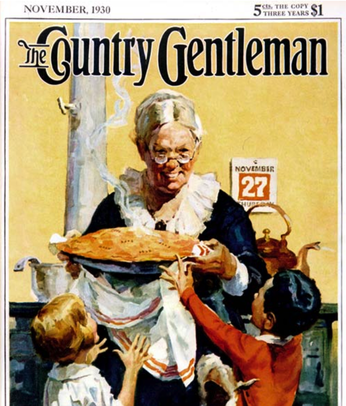
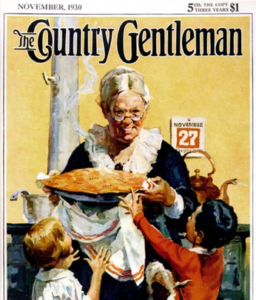
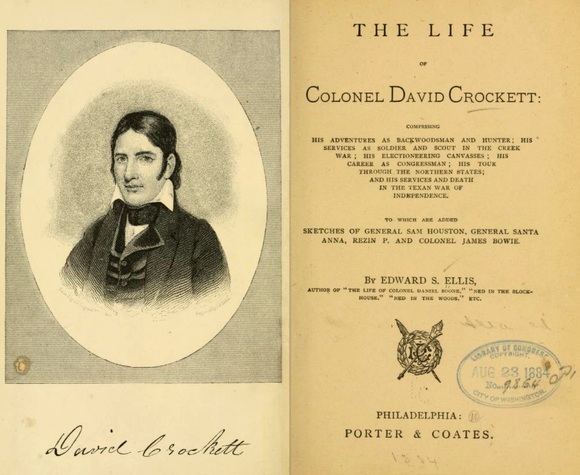
 He took his seat. Nobody replied. The bill was put upon its passage, and, instead of passing unanimously, as was generally supposed, and as, no doubt, it would, but for that speech, it received but few votes, and, of course, was lost. Later, when asked by a friend why he had opposed the appropriation, Crockett gave this explanation: “Several years ago I was one evening standing on the steps of the Capitol with some members of Congress, when our attention was attracted by a great light over in Georgetown. It was evidently a large fire.
He took his seat. Nobody replied. The bill was put upon its passage, and, instead of passing unanimously, as was generally supposed, and as, no doubt, it would, but for that speech, it received but few votes, and, of course, was lost. Later, when asked by a friend why he had opposed the appropriation, Crockett gave this explanation: “Several years ago I was one evening standing on the steps of the Capitol with some members of Congress, when our attention was attracted by a great light over in Georgetown. It was evidently a large fire. The Constitution, to be worth anything, must be held sacred, and rigidly observed in all its provisions. The man who wields power and misinterprets it is dangerous. “‘I admit the truth of all you say, but there must be some mistake. Though I live in the backwoods and seldom go from home, I take the papers from Washington and read very carefully all the proceedings of Congress. My papers say you voted for a bill to appropriate $20,000 to some sufferers by fire in Georgetown. Is that true?’
The Constitution, to be worth anything, must be held sacred, and rigidly observed in all its provisions. The man who wields power and misinterprets it is dangerous. “‘I admit the truth of all you say, but there must be some mistake. Though I live in the backwoods and seldom go from home, I take the papers from Washington and read very carefully all the proceedings of Congress. My papers say you voted for a bill to appropriate $20,000 to some sufferers by fire in Georgetown. Is that true?’ “‘If you had the right to give anything, the amount was simply a matter of discretion with you, and you had as much right to give $20,000,000 as $20,000. If you have the right to give at all; and as the Constitution neither defines charity nor stipulates the amount, you are at liberty to give to any and everything which you may believe, or profess to believe, is a charity and to any amount you may think proper. You will very easily perceive what a wide door this would open for fraud and corruption and favoritism, on the one hand, and for robbing the people on the other. No, Colonel, Congress has no right to give charity.
“‘If you had the right to give anything, the amount was simply a matter of discretion with you, and you had as much right to give $20,000,000 as $20,000. If you have the right to give at all; and as the Constitution neither defines charity nor stipulates the amount, you are at liberty to give to any and everything which you may believe, or profess to believe, is a charity and to any amount you may think proper. You will very easily perceive what a wide door this would open for fraud and corruption and favoritism, on the one hand, and for robbing the people on the other. No, Colonel, Congress has no right to give charity. “‘Well, my friend, you hit the nail upon the head when you said I had not sense enough to understand the Constitution. I intended to be guided by it, and thought I had studied it fully. I have heard many speeches in Congress about the powers of Congress, but what you have said here at your plow has got more hard, sound sense in it than all the fine speeches I ever heard. If I had ever taken the view of it that you have, I would have put my head into the fire before I would have given that vote; and if you will forgive me and vote for me again, if I ever vote for another unconstitutional law I wish I may be shot.’ “He laughingly replied; ‘Yes, Colonel, you have sworn to that once before, but I will trust you again upon one condition.
“‘Well, my friend, you hit the nail upon the head when you said I had not sense enough to understand the Constitution. I intended to be guided by it, and thought I had studied it fully. I have heard many speeches in Congress about the powers of Congress, but what you have said here at your plow has got more hard, sound sense in it than all the fine speeches I ever heard. If I had ever taken the view of it that you have, I would have put my head into the fire before I would have given that vote; and if you will forgive me and vote for me again, if I ever vote for another unconstitutional law I wish I may be shot.’ “He laughingly replied; ‘Yes, Colonel, you have sworn to that once before, but I will trust you again upon one condition.

